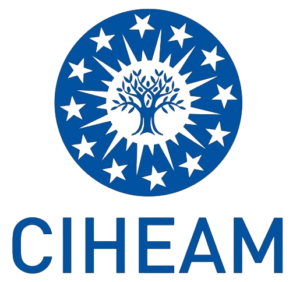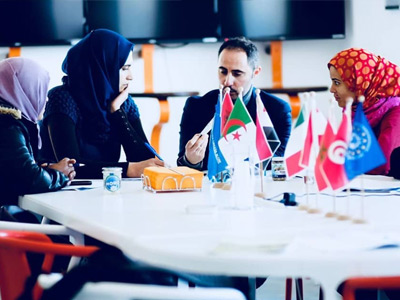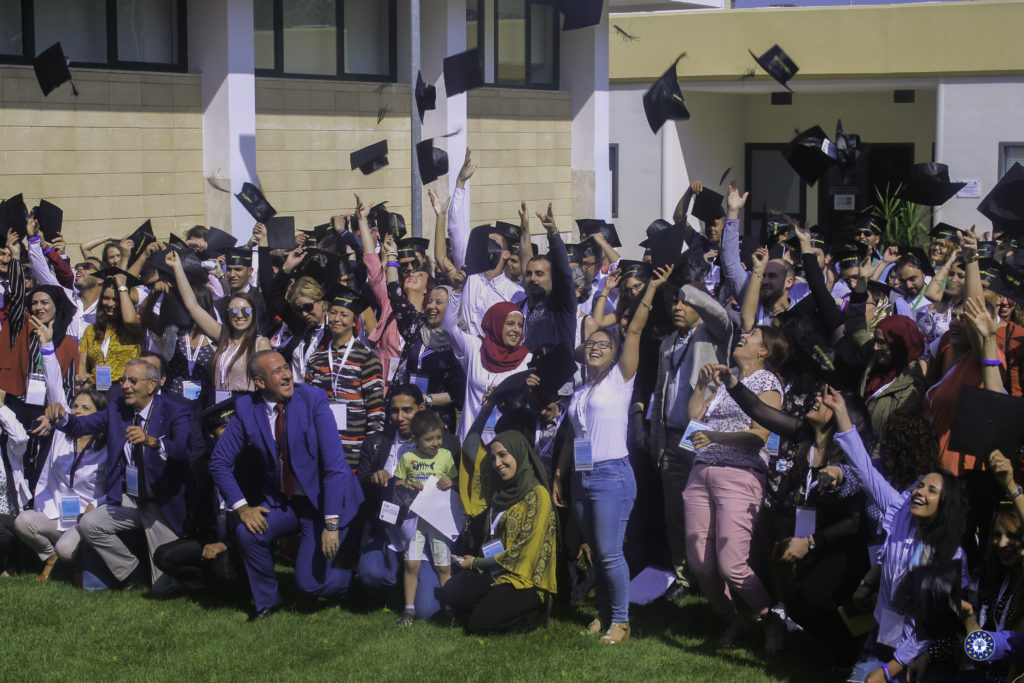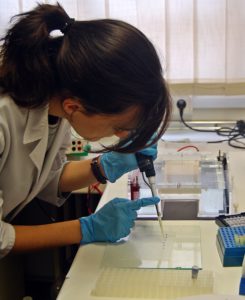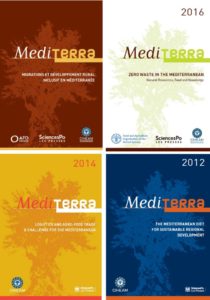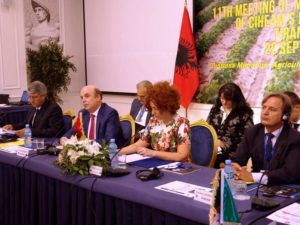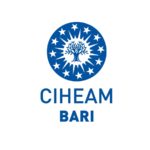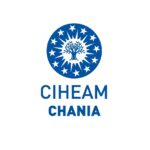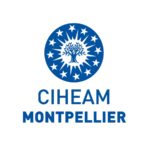2nd Independent Dialogue of the United Nations Food Systems Summit
Press release, Monday 21 June 2021
| For the first time, this afternoon, a dozen Mediterranean countries, several cooperation and research actors participated in the 2nd independent Mediterranean Dialogue of the United Nations Summit on Food Systems. A new step to advance on common ambitions for the region. Organised by the CIHEAM, the FAO, the UfM, the One Planet network and the Prima Foundation for more sustainable and inclusive food systems in the Mediterranean region, this 2nd Dialogue follows the first one held on 27 April 2021. A common vision for the future and ambitious programmes emerged from the debates, particularly in the framework of the SFS-MED platform. The conclusions of this 2nd Dialogue will enrich the preparatory process for the United Nations Summit to be held in New York in September 2021 and the Programme of the 3rd World Conference on the Mediterranean Diet and Sustainable Food Systems in the Mediterranean scheduled for 2022. |
Convergences and common ambitions at the highest decision-making level
The opening speeches by Mr Nasser Kamel SG of the UfM, Mr Plácido Plaza, SG of the CIHEAM and Ms Ismahane Elouafi Chief Scientist at the FAO, followed by the high-level speeches of H.EKhaled Hnaifat Jordanian Minister Agriculture have recalled the importance of national consultations and multi-stakeholder dialogues to identify a common vision and means of complementary actions in favour of more sustainable and inclusive food systems in the Mediterranean. They particularly recalled the challenges that are specific to the region in the agri-food sectors, environmental, climatic and economic fields, increasingly affected by the COVID19 crises.
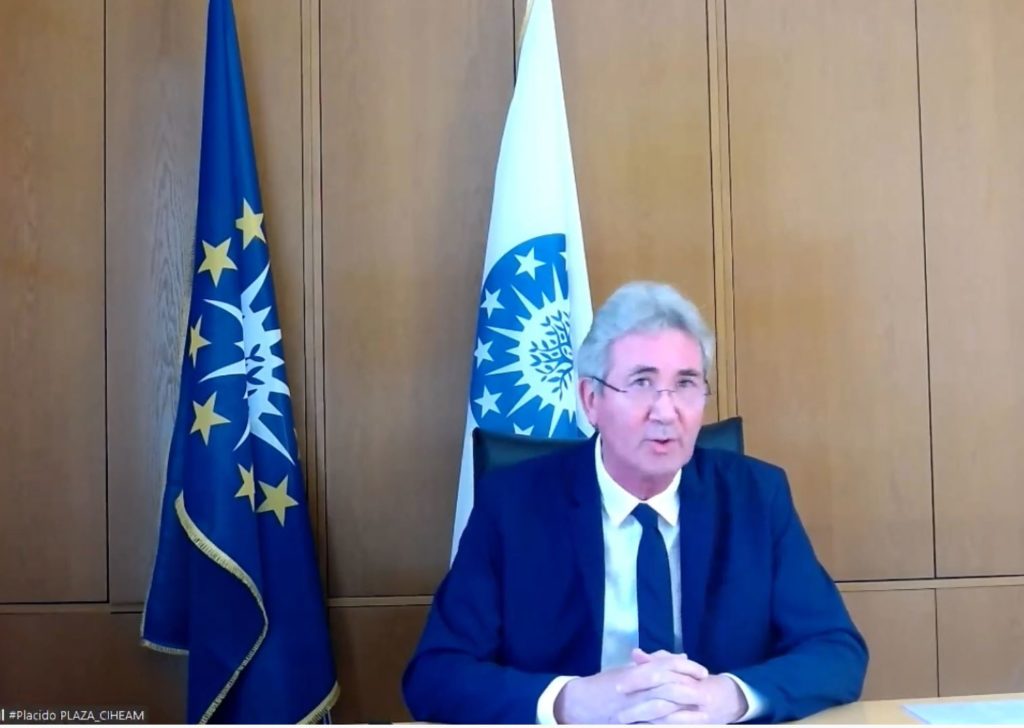
During his intervention the SG Plácido Plaza recalled that “Sustainability of food systems involved the dynamics “from land and sea to plate” and vice-versa, but also the important specific issues of communities, territories and their interrelationships” and that “Food Systems cannot be well understood if we overlook the interconnections between the social, economic, health-related, cultural, politic and environmental dimensions they induce.”
Adding that “Today, it appears clearly that the food systems we are now shaping will determine the lives of our future generations. We have to be aware of the heavy collective responsibility that we bear in particular to youth and women whose potential as a force for proposals and a catalyst for innovation is clearly underutilized.”
Full Speech of Plácido Plaza, SG of the CIHEAM
For the first time, Mediterranean countries share their vision in preparation for the United Nations Summit
During the first round table which brought together Albania, Egypt, Spain, France, Israel, Italy, Malta, Tunisia and Turkey, the coordinators of the national consultations brought up the issues specific to their country as well as the initiatives in progress contributing to the strengthening of food systems that take consideration of climatic challenges, the management of natural resources, the preservation of biodiversity or even encouraging healthier and more environmentally friendly food production and consumption methods.
In addition, with regard to the challenges to be met, including those relating to food security in the face of a rapidly growing population, the member states had an emphasis on innovations that make it possible to develop advanced, climate-resilient and economic agriculture. As such, technology transfer, knowledge sharing and capacity building were presented as keys to success.
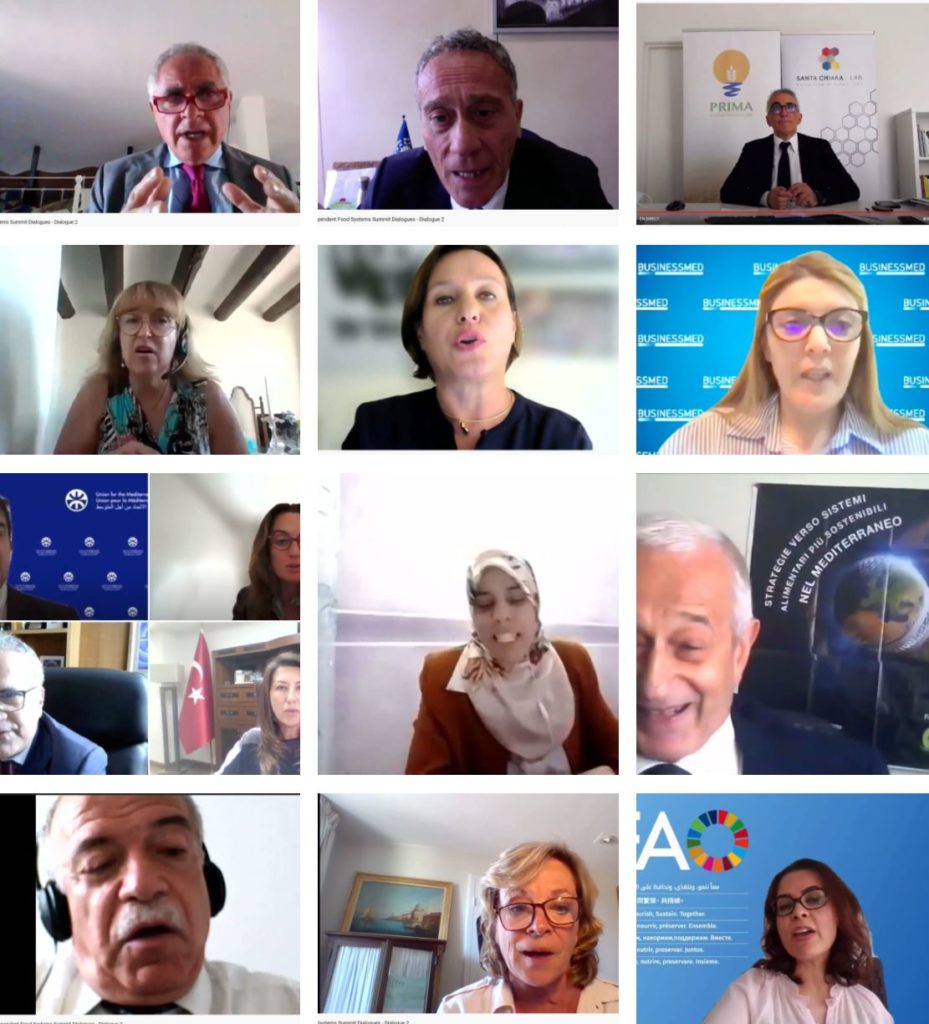
Co-construction, inclusive funding and capacity building: 3 major levers identified
Following the opening speeches and interventions by representatives of the different countries, 3 additional sessions were organised. They focused on the fundamental role of multi-stakeholder cooperation and inclusive governance; Funding for sustainable food systems, especially through the promotion of public and private investments and Awareness-raising and development of skill for the transformation of food systems. The personalities including researchers and field experts mobilised for these three sessions identified the main catalysts needed to make progress towards sustainability but also the levers for change and the search for solutions.
A key role for the SFS-MED Platform developed jointly by the CIHEAM, the FAO and the UfM
This 2nd Independent Dialogue of the United Nations Food Systems Summit stressed the need to engage a vast network of actors in the broader frameworks of the green, blue and circular economy where the SFS-MED Platform developed jointly by the CIHEAM, the FAO and the UfM could play a key role. The SFS-MED Platform could indeed contribute to strengthening regional collaborations and interregional dialogue on both shores of the Mediterranean, help to redesign tomorrow’s food systems and trigger collective, context-specific multi-stakeholder actions on the ground at the country level in the service of Mediterranean Youth and Women to accelerate the regional implementation of the 2030 Agenda. The dialogue was also the opportunity to put a particular focus on the common valuable heritage of the Mediterranean Diet which constitutes a powerful lever for inclusion, bridging sustainable food consumption and production and job creation. In this sense, it has been announced that the 3rd World Conference on the Mediterranean Diet could be organized in 2022 for the 60 years of the CIHEAM.


